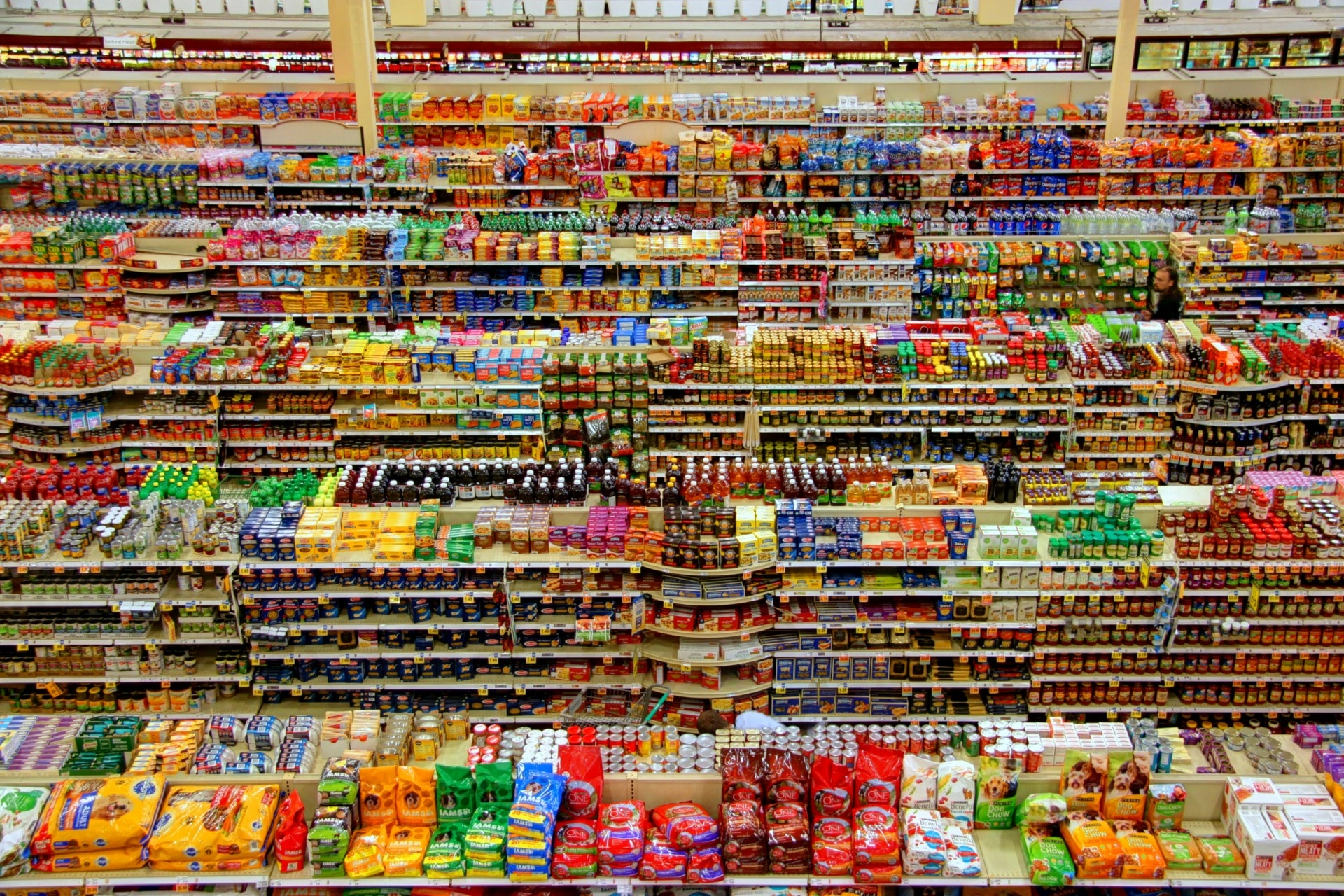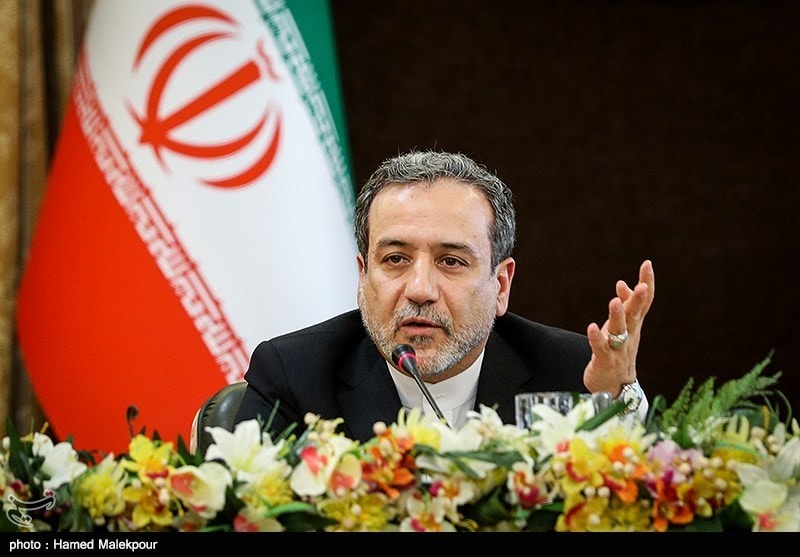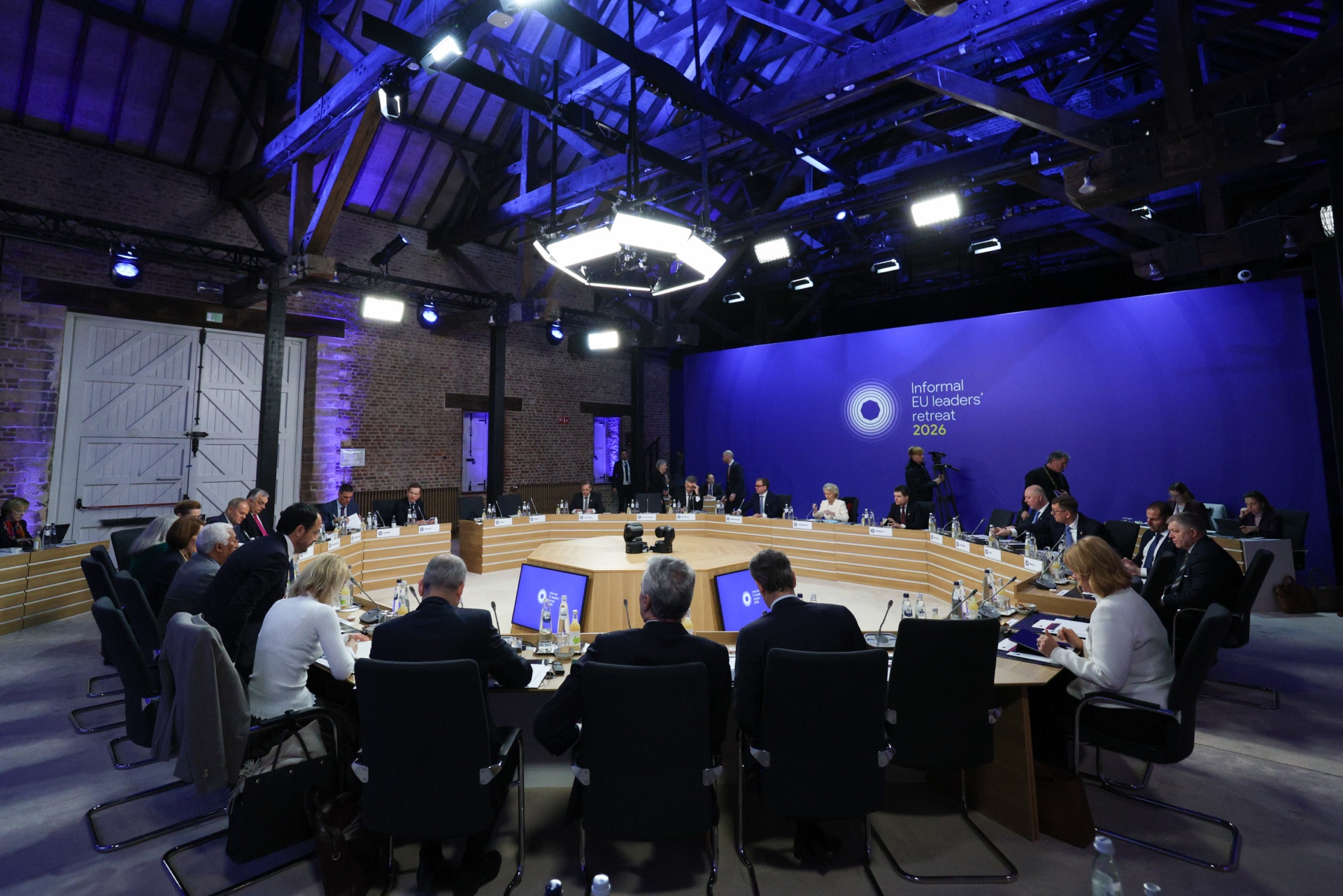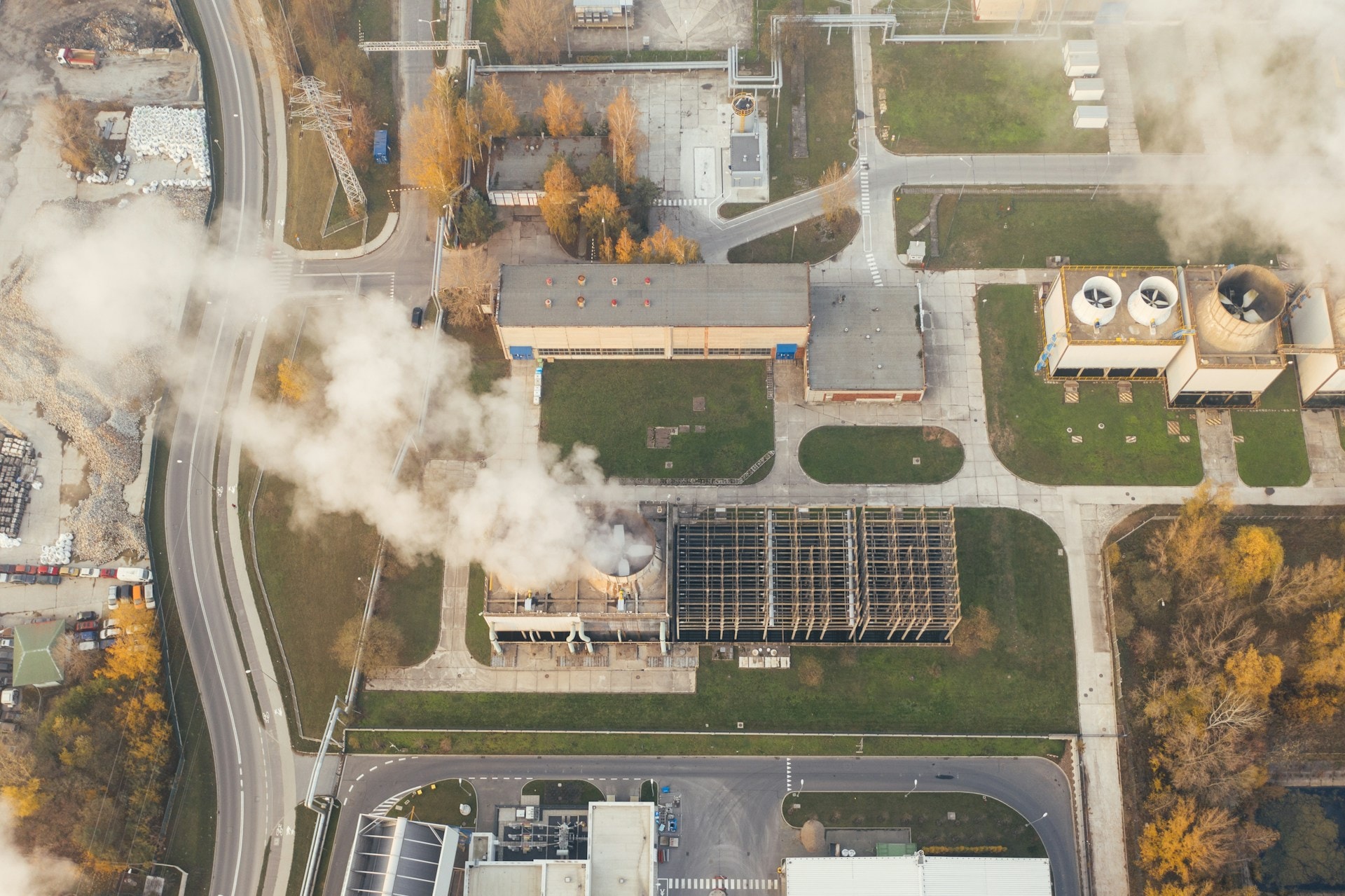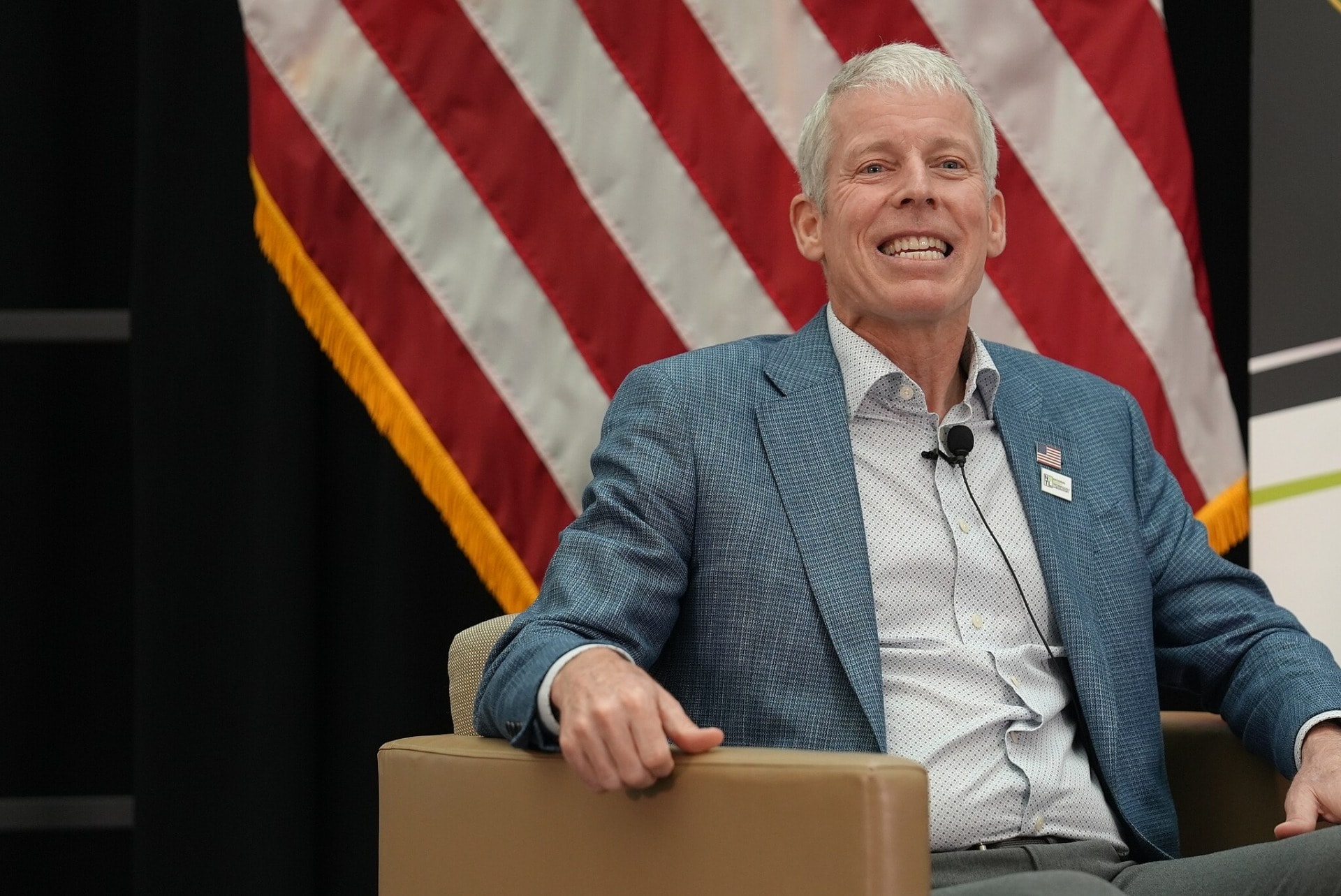Today’s ESG Updates:
- Microsoft Expands AI in Kuwait: Launching an AI-powered Azure Region to advance digital transformation, AI literacy, and sustainability under Vision 2035.
- EU Invests €150B in Defense & Ukraine Aid: Strengthening security, sovereignty, and military capabilities while pledging continued support for Ukraine.
- Japan’s Concrete Buildings Absorb CO2: Capturing 2.6M tonnes in 2020, acting as hidden carbon sinks and offsetting cement-related emissions.
- Assent’s New Compliance Platform: Cuts reporting time by 92%, streamlining ESG compliance and enhancing supply chain transparency.
Microsoft & Kuwait unite to launch AI-Powered Azure region
Microsoft has partnered with Kuwait’s Government to establish an AI-powered Azure Region, advancing digital transformation per Vision 2035. This initiative enhances cloud adoption, AI innovation, and economic growth while fostering startups and global collaboration. A Microsoft Technology Innovation Hub, AI Innovation Center, and Copilot Center of Excellence will drive AI literacy, cybersecurity, and productivity. The Kuwait Direct Investment Promotion Authority (KDIPA) approved Microsoft Kuwait, reinforcing its role in shaping the nation’s digital future. Businesses can leverage AI for efficiency and align with global sustainability standards while driving economic growth using ESG solutions.
***
Europe takes charge: €150 billion for defense & stronger support for Ukraine

Europe takes a decisive step toward stronger defense, investing €150 billion in key military capabilities, joint procurement, and AI-driven security. With flexibility in fiscal rules and enhanced private financing, the EU boosts deterrence, security, and industrial growth. Committed to Ukraine, Europe has provided €135 billion since 2022. Europe’s pledge to aid Ukraine marks a turning point in building a sovereign Europe of Defence while standing firmly with Ukraine for lasting peace and security.
Photo Credit: wikimedia commons
***
Further reading: Remarks by President António Costa at the press conference following the Special European Council meeting of 6 March 2025
Japan’s concrete buildings absorb CO2, acting as hidden carbon sinks

Japanese buildings stored 2.6 million tonnes of CO2 in 2020, absorbing 14% of cement-related emissions through natural carbonation. Researchers from Tokyo and Nagoya Universities found that concrete structures act as carbon sinks, though less effective than forests. Since 1870, Japan’s buildings have absorbed 135 million tonnes of CO2. However, absorption rates may decline after 2027. Extending buildings’ lifespans can enhance their carbon capture potential while maintaining infrastructure sustainability.
Photo Credit: Levi Meir Clancy
***
Further Reading: Concrete Buildings in Japan Act As Carbon Sinks: Study
Assent unveils lightning-fast compliance platform: 92% time savings for suppliers

Assent Inc. launched the Assent Sustainability Platform (ASP), revolutionizing compliance reporting with a 92% time savings. Suppliers submit declarations 5x faster through centralized data-sharing, eliminating redundancy and supplier fatigue. ASP streamlines compliance for PFAS, TSCA, REACH, RoHS, and Prop 65, enhancing supply chain transparency with real-time updates. Early adopters report responses 13x faster. By automating workflows and improving engagement, ASP helps manufacturers simplify compliance, strengthen supplier relationships, and drive sustainability. ESG tools can deliver regulatory adherence to businesses by automating compliance.
Photo Credit: ThisisEngineering
***
Further reading: Assent Launches Sustainability Platform, Cutting Supplier Reporting Time by 92%
Editor’s Note: The opinions expressed here by the authors are their own, not those of impakter.com — Cover Photo Credit: Getty Images




